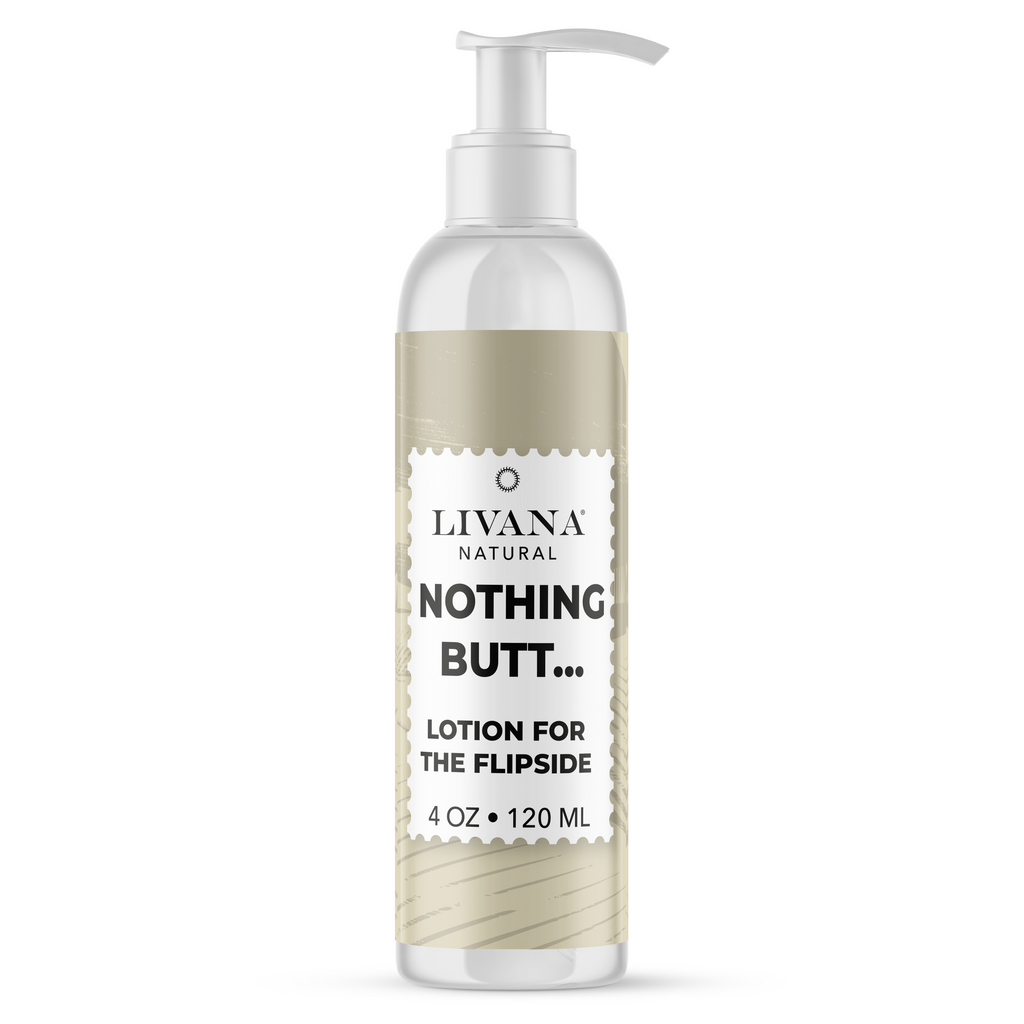Why Do I Have So Much Butt Acne and What Can Help?
Butt acne is a common issue that can be both uncomfortable and embarrassing. Many clients, seeking the help of a professional beautician, often wonder why do I have so much butt acne? Understanding the potential causes can help in developing effective treatment plans tailored to individual needs. In this article, we will delve into the various reasons behind butt acne and explore comprehensive solutions.
For beauticians, it is essential to comprehend the intricacies of skin care as it relates to specific areas of the body. Butt acne can arise due to several factors including sweat, friction, and hormonal changes. It is a skin condition that not only affects adults but can also manifest in adolescents, leading to self-esteem issues and discomfort.

Common Causes of Butt Acne
One primary factor contributing to butt acne is excessive sweating. In many professions, including beauty, individuals may find themselves in hot environments or wearing tight clothing that can trap moisture and bacteria. Over time, this can lead to clogged pores, thus resulting in acne. Additionally, friction from clothing can irritate hair follicles, causing inflammation and outbreaks. It's crucial for beauticians to educate their clients on the importance of breathable fabrics and proper hygiene.
Another significant contributor to this skin issue is hormonal fluctuations. Hormones can influence various skin conditions, including butt acne. For instance, during menstruation or times of stress, hormone levels fluctuate, potentially leading to breakouts. Beauticians should be aware of this when discussing skin health with clients and may consider recommending products that help balance hormones.
Skincare Routines for Butt Acne Prevention
Client education on proper skincare routines can dramatically decrease the occurrence of butt acne. Encourage clients to embrace gentle cleansers that contain exfoliating agents that can prevent pores from clogging. Regular use of products that incorporate salicylic acid or benzoyl peroxide can offer additional benefits.Furthermore, remind clients that while moisturizing is vital, they should choose non-comedogenic products that will not clog pores.
Diet and Its Impact on Skin Health
The relationship between diet and skin health cannot be overstated. Some foods can lead to acne development due to their inflammatory properties. For instance, peanut butter has been correlated with acne in some individuals. Encourage clients to maintain a balanced diet rich in fruits, vegetables, and whole grains. Additionally, they should stay well-hydrated to help their skin remain healthy and vibrant.

Effective Treatments for Butt Acne
When it comes to treatment options, a multi-faceted approach is often best. For mild cases of butt acne, at-home treatments may suffice. Clients can try targeted treatments that include ingredients like tea tree oil, which has natural antibacterial properties. However, for more severe cases, it may be necessary to refer clients to a dermatologist for specialized treatments.
One noteworthy option is the use of topical creams or prescription medications that specifically target the root causes of acne. These may include retinoids or stronger antibacterial formulations that can penetrate deeply to help clear the skin.
Home Remedies for Butt Acne
Clients may also be interested in natural remedies for their butt acne. Ingredients such as aloe vera gel can be soothing and promote healing. Refer them to our article on the benefits of organic aloe vera gel for more information on how it can be utilized. Moreover, some people find relief with weekly exfoliating scrubs that slough off dead skin cells, providing a smoother surface and reducing the occurrences of acne.

When to Seek Professional Help
As beauticians, it is essential to guide clients on when to seek professional intervention. Persistent butt acne that does not respond to home treatments or over-the-counter products could be a sign of a more profound issue. Additionally, clients may experience discomfort from inflammation or scarring that requires dermatological assistance. Remind clients that it is perfectly okay to reach out for professional help.
Maintaining Healthy Skin Long-Term
Long-term skin health requires ongoing care and attention. Encourage clients to follow up with regular skincare routines and maintain their health to see ongoing improvements in their skin condition. A proactive approach can prevent further outbreaks, helping clients feel more confident in their skin.
FAQs About Butt Acne
Q1: Can diet really affect butt acne?
A: Yes, certain foods can lead to inflammation and increase the likelihood of acne.
Q2: Is butt acne a sign of something more serious?
A: While most cases are mild, persistent butt acne should be evaluated by a dermatologist.
Q3: What products should I use to treat butt acne?
A: Look for products with salicylic acid or tea tree oil, as these can be effective.
As an Amazon Associate, I earn from qualifying purchases.

